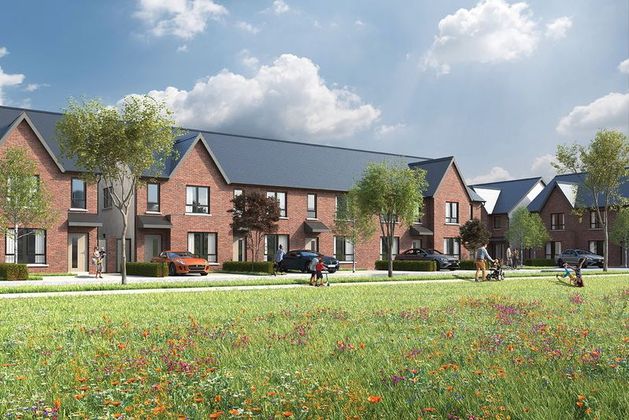Dont forget, the goose that is laying large golden eggs. 2023 Corporation tax receipts of c.24billion, were double that in 2018 and in 2007, corporation tax was only 6billion. So thats 18billion extra windfall. The sum total of income tax of all workers was 30billion.
Imagine what level of all taxes would be needed to fill this extra 18,000,000,000E if the corporation tax boom had not happened due to less than 10 US MNCs deciding to offshore their IP to Ireland rather than the Bahamas ?.
Marginal tax rate in 1994 was 48% , its ALWAYS been crippling high. The rate kicked in at c.8000 IR£...I remember paying it. In 1980s I believe top rate for modest incomes was 65%.
I am trying to reconcile my PAYE, PRSI, Health Levy & Youth Levy for each tax year since 1991/1992. I have found information for 1995/1996 onwards on the web but I have not located any details for 1991/1992 to 1994/1995 inclusive. What I am looking for is the following details: Allowance...
www.askaboutmoney.com
About 20% of a countries population are non productive, for whatever reason. The best worst choice is how to provide for this sector, in cheapest way possible. If you do bugger all (aka US), you end up paying way more for this cost it in a multitude of public costs health, police , prison drugs and an inter-generational habits of this section of society.
There doesnt seem to be a better way than to provide low cost housing, equal opportunity at education, sport and health so at least everyone elses ball and chain is a bit lighter overall . A certain country in n.Europe has figured that out. I wouldnt swap getting up in the dark to go to work , getting paid and having some quality of lifestyle for a one which means getting up at lunch time to watch neigbours after a long dream of Pictures of Lily.

www.independent.ie